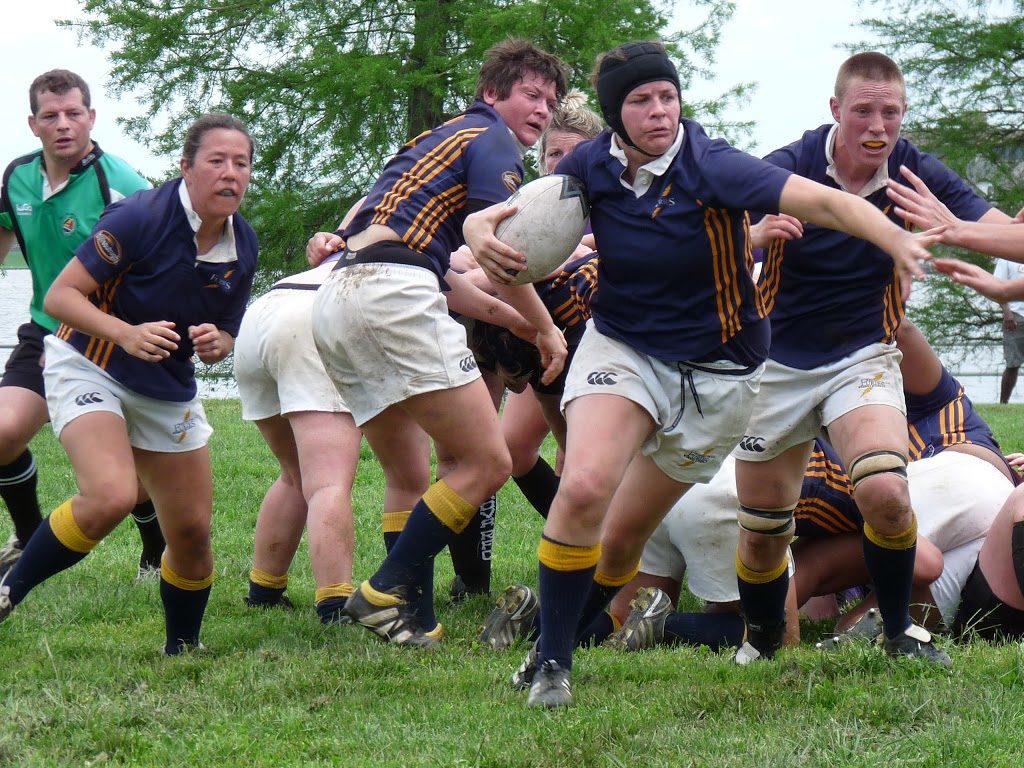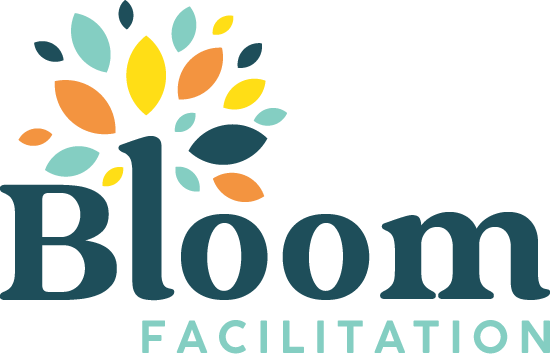Facilitation Roles Series
There are many roles to play as a process facilitator or as the leader of a meeting. I have a framework of eight roles that I teach: Party Host, Race Car Driver, Mechanic, Nurse, Trip Leader, Improv Comedian, Designer, and Rugby Referee. Each role requires specific facilitation skills. In this post I want to highlight the role of the:
Rugby Referee
Remaining neutral and calm in the face of anything that may happen on the field; not getting emotionally invested, though noticing when the players are at risk of hurting each other and intervening.

Metaphors for Facilitation: Bringing Rugby to the Meeting Room
One of the most important qualities of an effective facilitator is the ability to remain neutral and to not take the participants’ actions or attitudes personally. When people work together on something they care about, conflict is inevitable. A facilitator is not charged with avoiding, preventing, or erasing conflict. However, just like a rugby referee, they are looking for the players to observe the rules of fair play and may step in to intervene if anyone is taking an action that could cause lasting harm to another player.
I’ve played rugby for 9 years, and many years ago I trained to be a rugby referee. I enjoyed learning the rules of the game and understanding how a game is intended to flow. It was exhilarating to be in the middle of the action, an engaged observer. However, it was also one of the hardest things I have ever done. I was in the middle of the action, with large, fast, aggressive, loud players tackling each other right in front of me. In the midst of that, I needed to remain neutral and calm and fully present. I was watching for potential violations of the rules among 30 players on the field at once, but it would be impossible and disruptive to stop the game for every single violation.
In rugby, they use a concept called “Advantage.”
“Advantage is the period of time after an infringement, in which the non-offending side has the opportunity to gain sufficient territory or the tactical opportunity to negate the need to stop the game due to the infringement. The Advantage Law allows the game to flow more freely, and not stop for every minor infringement.”
It is the referee’s role to help the game flow freely and be reasonably fair.
Staying Neutral: A Facilitator’s Challenge
As a process or meeting facilitator, you want the group to own their own problems and solutions. You also want to encourage the meeting to flow freely and do not want to interrupt the meeting constantly to call out small actions that may violate norms or meeting rules.

We can use the metaphor of “advantage” to allow the meeting to continue to see if the meeting attendees will correct each other’s behavior or right the situation on their own. However, it is important to stay present and observe. Sometimes a meeting attendee has violated an important norm in the group. It’s possible that no one in the group feels confident enough or safe enough to call it out. If this is important to the group’s health and progress, it may warrant the facilitator pausing the meeting and bringing it to the attention of the group.
As you can imagine, this is difficult and nuanced and requires skills, practice, and a lot of self-awareness. One common mistake is that a facilitator will feel personally defensive based on what a group member said or did. Because they feel personally impacted, they will want to bring it to the attention of the group and discuss it. However, being a neutral facilitator requires you to separate out your personal feelings and reactions from what the group needs at that moment.
Learning from the Field: Insights for Effective Facilitation
Thinking back to our metaphor of the rugby referee can help here. Referees get yelled at all the time, especially from the sidelines. In my time in rugby, there was little patience for players talking back to refs. However, there were always irate fans who yelled at the refs from the sidelines and often you couldn’t or wouldn’t do much about that. Once I witnessed a game in which there was a particularly loud and annoying fan who kept harping on the ref. It got under the ref’s skin. He began punishing the team whose fan it was. The referee gave out yellow and red cards to several players. Eventually he just suspended the game. The whole field devolved into a street fight as players from both sides were exasperated by what happened. Both the teams’ game was ruined, the fan stumbled away unmaligned, and the referee lost respect from everyone on the field that day. Referees and facilitators must remain present, focus on the bigger picture, and have tough skin.
It’s not about you.
Referee’s Guide to Meeting Success: Practical Tips for Facilitators
- Show up knowing the rules of the game – what are the norms, rules of order and boundaries relevant to this occasion?
- Remaining calm, neutral and present is hard. Practice with techniques like meditation. Give yourself time before the meeting to feel centered and prepared.
- Bring a notebook and pen to the meeting. When you notice a behavior that seems off, make a note to yourself. It may make sense to keep the meeting moving, but in case the issue doesn’t resolve itself, it will be helpful to come back to your initial observations.
- Bring a water bottle to the meeting. If you find yourself getting flustered or distracted, take a slow sip of water. This can help bring you back into the present moment and keep you grounded while also helping you allow the group time and space.
- If you do need to halt the action and call out an action or attitude that is causing harm to the group, do so clearly and calmly from an objective stance. Describe what you are observing in a specific way. Do not label it with judgment. For example, say, “Judy has been interrupted the last three times she started speaking.” rather than “everyone is being rude to Judy.”
For more in this series, see what a facilitator can learn from a:
